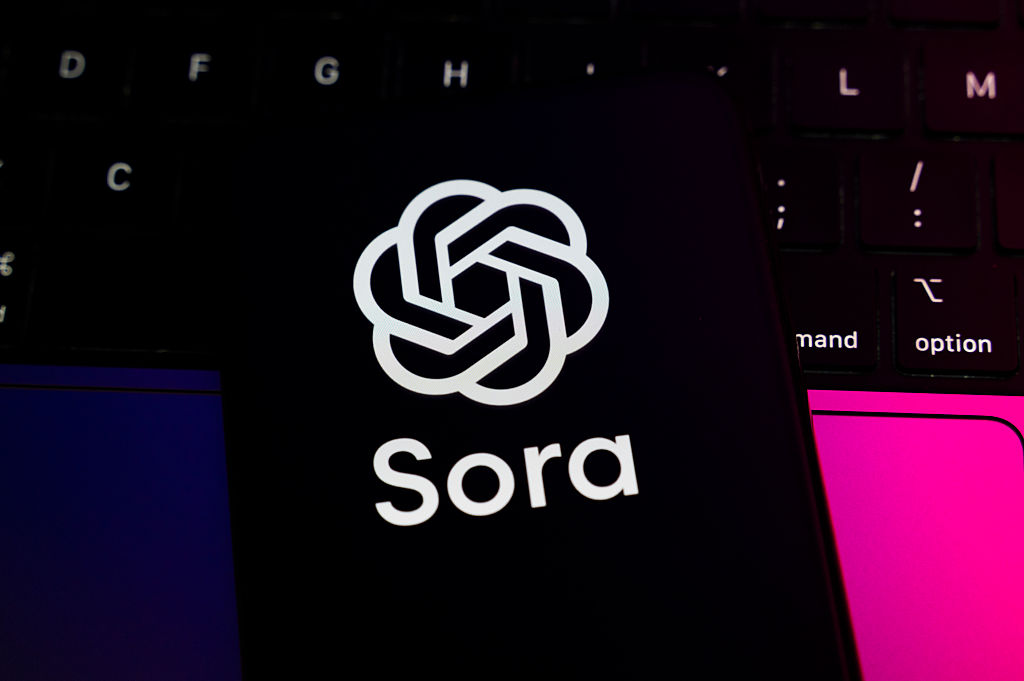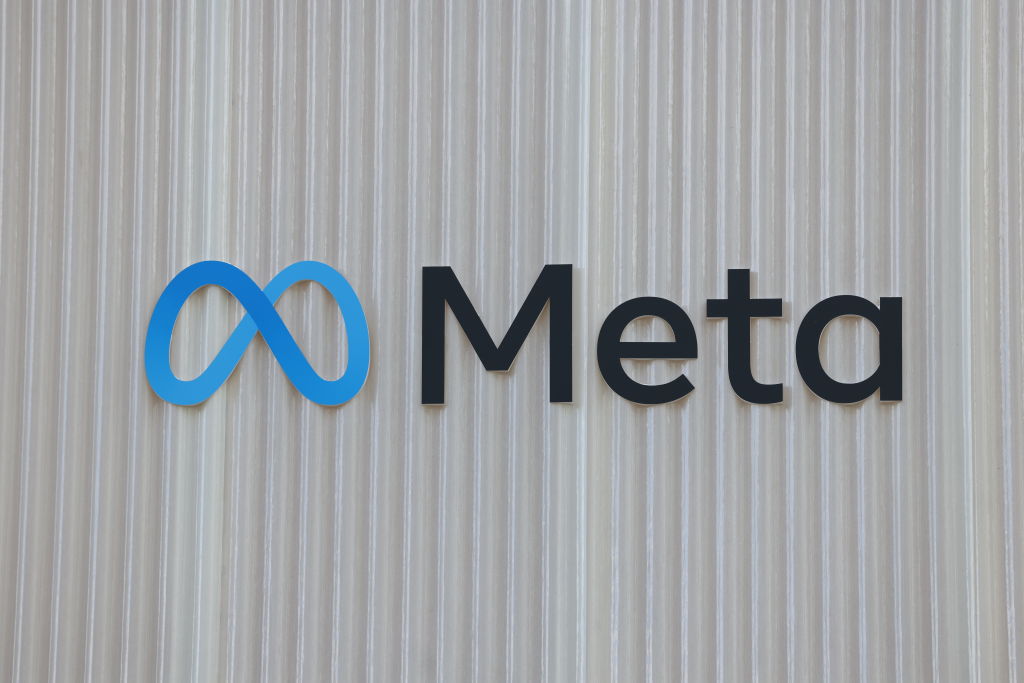OpenAI’s Sora App Faces Legal Hurdle Over ‘Cameo’ Trademark Dispute
OpenAI’s latest social application, Sora, has recently encountered a significant legal challenge concerning its ‘Cameo’ feature. This functionality enables users to create deepfake videos of themselves or others, provided they have the necessary permissions. However, the feature’s introduction has been anything but smooth, drawing attention from various quarters, including the estate of Martin Luther King Jr., which had to intervene due to concerns over the misuse of the civil rights leader’s likeness.
The situation has escalated with a legal confrontation initiated by Cameo, the platform renowned for offering personalized video messages from celebrities. Cameo asserts that it holds the trademark rights to the term ‘cameo’ and has taken legal action to prevent OpenAI from using the term within the Sora app. This move underscores the complexities and potential conflicts that arise when companies operate in overlapping digital spaces.
On November 21, 2025, U.S. District Judge Eumi K. Lee issued a temporary restraining order against OpenAI. This order prohibits the company from using the term ‘cameo’ or any phonetically similar variations within the Sora application. The restraining order is scheduled to remain in effect until December 22, 2025, with a court hearing set for December 19, 2025, to further deliberate on the matter.
Despite the court’s directive, as of November 24, 2025, the Sora app continues to utilize the ‘cameo’ terminology. This ongoing usage raises questions about OpenAI’s compliance with the legal order and the potential repercussions of such actions.
Steven Galanis, CEO of Cameo, expressed satisfaction with the court’s decision, emphasizing the importance of protecting consumers from potential confusion arising from OpenAI’s use of the Cameo trademark. Galanis stated, We are gratified by the court’s decision, which recognizes the need to protect consumers from the confusion that OpenAI has created by using the Cameo trademark. While the court’s order is temporary, we hope that OpenAI will agree to stop using our mark permanently to avoid any further harm to the public or Cameo.
In response, OpenAI has contested Cameo’s claim to exclusive rights over the term ‘cameo.’ The company conveyed to CNBC that it disagrees with the assertion that Cameo can claim exclusive ownership over the word ‘cameo.’ This stance highlights the broader debate over the ownership and usage rights of common terms within the rapidly evolving tech industry.
This legal dispute is not an isolated incident for OpenAI. The company has previously faced challenges regarding its use of specific terms and content. For instance, in February 2024, the U.S. Patent and Trademark Office denied OpenAI’s attempt to trademark ‘GPT,’ ruling that the term is ‘merely descriptive’ and therefore ineligible for trademark registration. This decision was a setback for OpenAI’s branding efforts, as ‘GPT’ is central to its AI products.
Additionally, OpenAI has been embroiled in multiple copyright infringement lawsuits. In November 2024, a group of Canadian news and media companies filed a lawsuit against OpenAI, alleging that the company had infringed their copyrights by using their content to train its AI models. The plaintiffs argued that OpenAI’s actions amounted to unjust enrichment at their expense.
Similarly, in November 2024, the Indian news agency Asian News International (ANI) sued OpenAI, alleging that the AI company illegally used its content to train its models and generated false information attributed to the news agency. This case marked the first time an Indian media organization took legal action against OpenAI over copyright claims.
These legal challenges underscore the complex landscape that tech companies like OpenAI navigate as they develop and deploy new technologies. The disputes highlight the importance of clear legal frameworks and the need for companies to be vigilant about intellectual property rights and the potential implications of their innovations.
As the December 19, 2025, hearing approaches, the tech industry and legal observers will be closely monitoring the proceedings. The outcome could have significant implications for OpenAI’s Sora app and set a precedent for how trademark disputes are handled in the rapidly evolving digital landscape.



